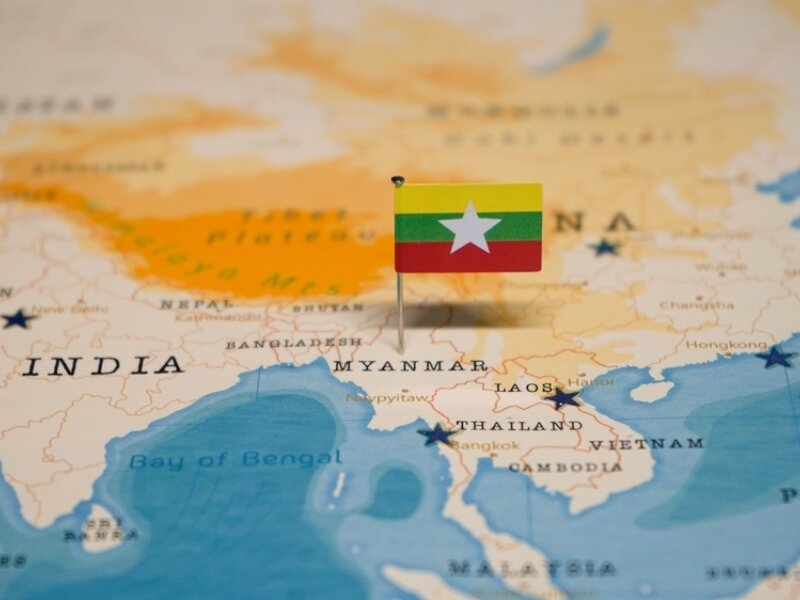The Houthi attack on Abu Dhabi and the security framework in the Gulf and the Red Sea
The attack on Abu Dhabi must be seen as part of a wider regional context, where the Yemen conflict, the Gulf security architecture and negotiations with Iran interplay.

After a lull in attacks of this kind, the Houthi strike against the United Arab Emirates marks a worrying turn of events.
The drones that fell on the Musaffah industrial zone, in the proximity of the storage facilities of the Abu Dhabi National Oil Company and, more importantly, of the Abu Dhabi International Airport, have shone a spotlight on the devastating conflict in Yemen - often forgotten in spite of the death and suffering it has been causing to millions of people.
The action probably stems from local dynamics. After overthrowing the Yemeni Government in 2015, Houthi rebels have been fighting against a Saudi-led coalition, which included the UAE. Although Emirati troops were withdrawn from Yemen in 2019, however, the Giants Brigades – a UAE-backed, anti-Houthi militia – were recently instrumental in the Houthis being defeated along the frontline south of the long-disputed city of Marib, and losing the entire province of Shabwa.
The hours following the attack on Abu Dhabi saw several retaliation air strikes against the Houthis, with F-15 fighter jets destroying two ballistic missile launchers, and various drones being intercepted on their way to Saudi Arabia. The UAE also announced it would step up its involvement in the conflict.
It is too early to say if the deep strike against the UAE, as it was defined by the Houthi spokesperson, was only some sort of revenge that widens – again – the regional front of the war in Yemen, or something more. What is clear is that it happened at the intersection between the Yemen conflict, security in the Gulf and negotiations with Iran.
These three issues overlap. The war in Yemen is fuelled – as a form of proxy war – by the Iranian Revolutionary Guards, who supply military components for the Houthis to assemble. Over time, this has enhanced their military capabilities, which partially explains the difficulties experienced by the Saudi coalition.
The supply of weapons to combatants in the region is one of the arguments used by those who want to stop negotiations on the resuscitation of the Iranian Nuclear Deal (or JCPOA). This is not just about the Houthis – although they are the ones currently engaging in an open war – but also about other groups, some of whom share an ideological background, but are ultimately bound together by mutual interests, as is the case with the Iranian Revolutionary Guards, Hezbollah Shia militias and Iraqi groups.
These issues are crucial in the building of security, not only in the Gulf region but also in the Red Sea, where Yemen is strategically located, and ultimately in the Broader Mediterranean, which is of strategic interests for countries like Italy. This is why the Yemen war or the JCPOA are more important for Italy than one would imagine.
Building a framework of dialogue around Iran, starting from the white-hot nuclear issue and expanding to other matters concerning the entire region, has always been the least explicit but most fundamental goal of the negotiations. The convergence of these issues clashes with détente dynamics which characterise various crisis situations in the region, including relations between Iran and the Arab powers. The fact that Iranian officials travelled to Saudi Arabia for the first time since 2016 just as the Houthis were attacking the UAE provides further evidence of this.



